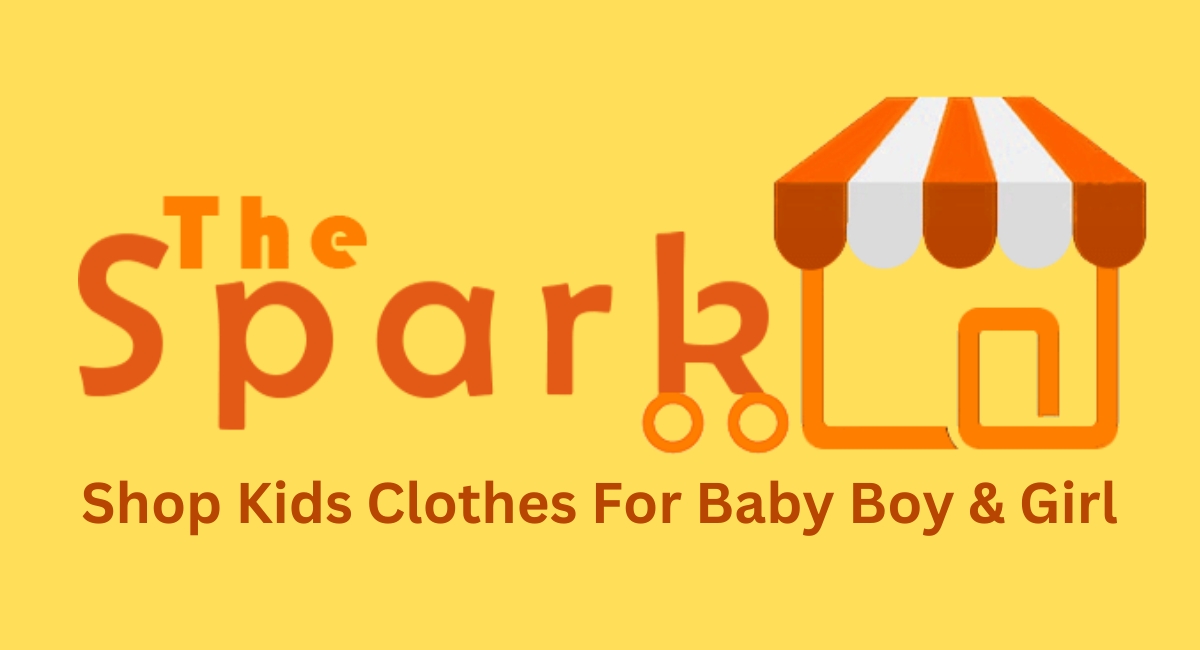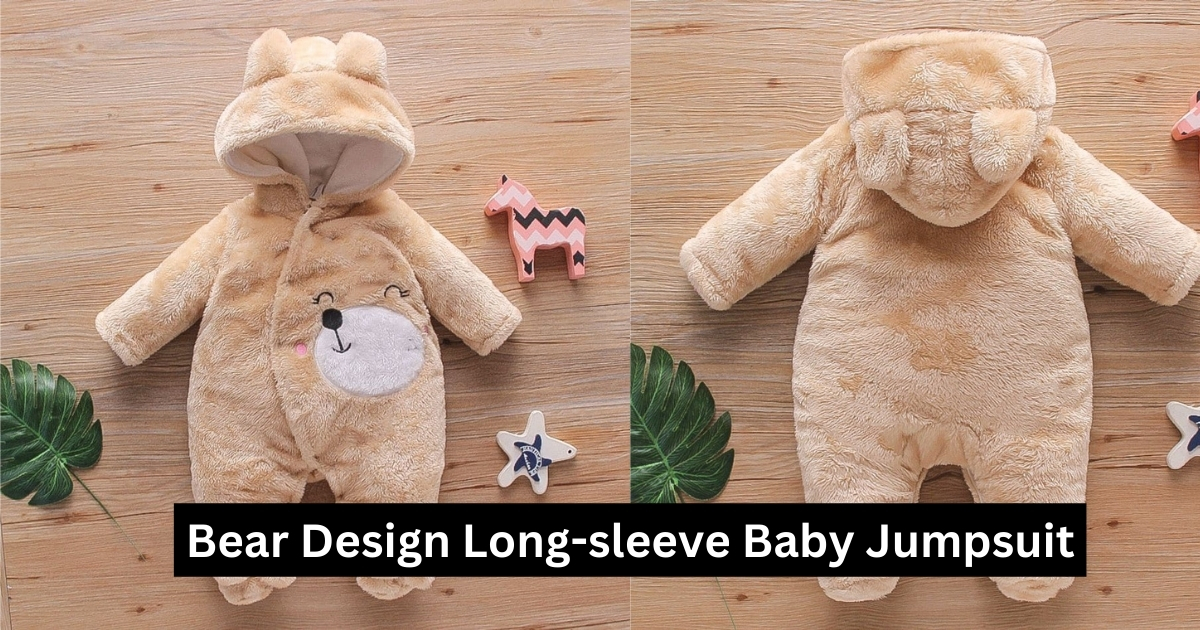With its ever-evolving trends and dynamic styles, fashion is an exciting realm that beckons those with a keen eye for design and a passion for creativity. Becoming a successful fashion designer involves more than just a knack for sketching or an innate sense of style; it requires a solid foundation in education to navigate the intricate world of fabrics, colors, and trends. In this comprehensive guide, we’ll explore the education needed to embark on a fulfilling journey as a fashion designer.
Table of Contents
ToggleUnderstanding the Basics: High School Preparations
The journey towards a career in fashion design often begins in high school. While specific courses may not be dedicated solely to fashion at this level, art and design classes can lay the groundwork for budding designers. These classes help hone essential skills such as drawing, color theory, and basic design principles.
Additionally, extracurricular activities like sewing clubs or fashion-related projects can provide hands-on experience and foster a genuine interest in the field. High school is the perfect time to experiment, explore, and discover your creative identity.
Taking the First Step: Pursuing a Bachelor’s Degree in Fashion Design
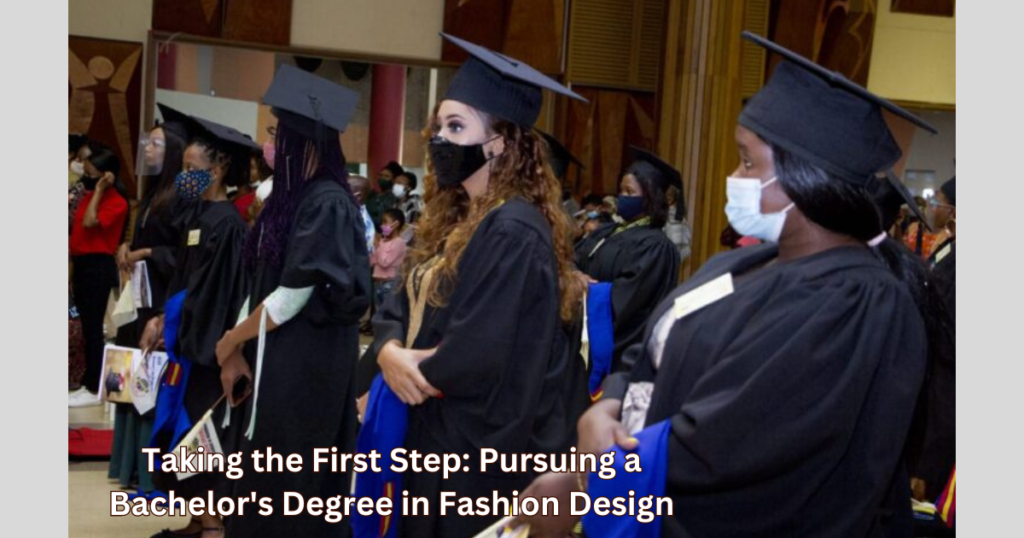
After high school, the next crucial step toward a career in fashion design is obtaining a Bachelor’s degree in the field. Most aspiring designers opt for a degree in Fashion Design or Fashion Merchandising. These programs typically span four years and offer a comprehensive curriculum covering design principles, textiles, pattern making, and fashion history.
One renowned institution offering such programs is the Fashion Institute of Technology (FIT), located in the heart of New York City. FIT is famous for its immersive courses and experienced faculty who bring real-world insights into the classroom.
Diving into the Curriculum: Key Courses and Skills
During your undergraduate studies, you’ll encounter diverse courses aimed at honing your skills and knowledge. Fashion Illustration, Pattern Drafting, and Textile Science provide a solid foundation for aspiring designers.
In addition to technical skills, a strong emphasis is placed on developing a keen sense of style and understanding market trends. Courses like Fashion History and Fashion Marketing equip students with the knowledge to navigate the competitive fashion world.
Tip: Engage actively in internships or part-time jobs during your undergraduate years. Practical experience is invaluable and can often open doors to future opportunities.
Mastering the Craft: Pursuing a Master’s Degree (Optional but Advantageous)
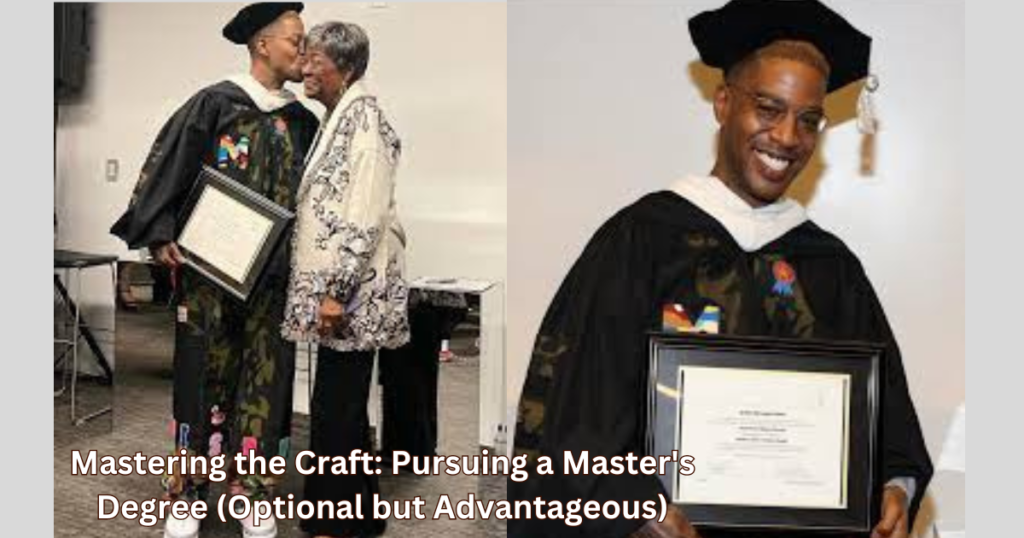
While a Bachelor’s degree is sufficient to kickstart your career, some designers choose to further enhance their skills and marketability by pursuing a Master’s degree in Fashion Design or a related field. This advanced education option delves deeper into specialized areas like sustainable fashion, haute couture, or fashion technology.
One notable institution offering esteemed Master’s programs is the London College of Fashion. Their diverse range of programs allows aspiring designers to tailor their education to specific interests, ensuring a well-rounded skill set.
Building Networks: The Power of Industry Connections
During your Master’s program, seize every opportunity to build a network within the industry. Attend fashion events, connect with professionals, and consider mentorship programs. Industry connections are often as valuable as education and can open doors to internships, collaborations, and job opportunities.
Crafting a Portfolio: Showcasing Your Unique Style
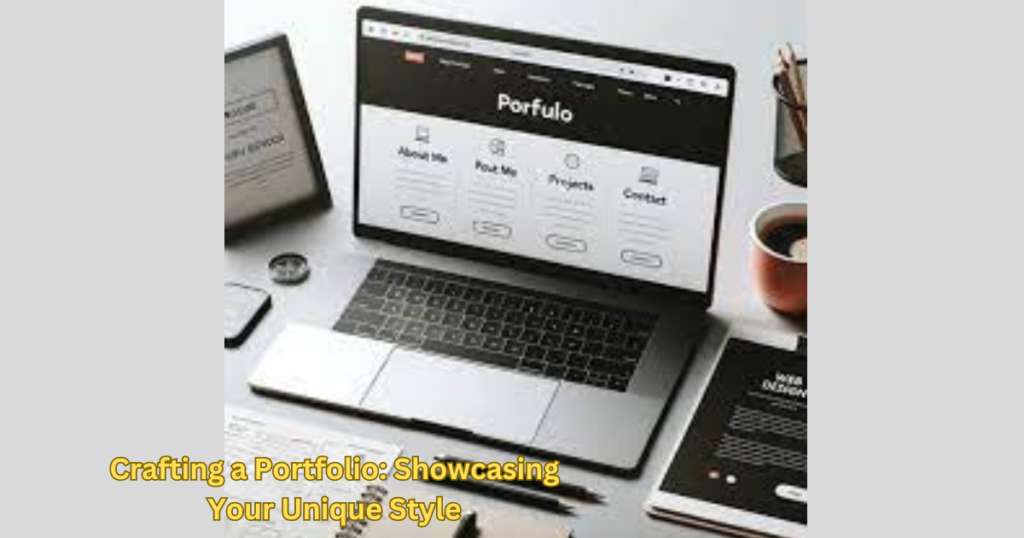
As you progress through your educational journey, continuously work on building a robust portfolio. Your portfolio visually represents your skills, creativity, and unique design perspective. Include a variety of work, from sketches and illustrations to completed garments. Websites like Behance or Dribble can be online platforms to showcase your portfolio to a global audience.
Tip: Regularly update your portfolio to reflect your growth as a designer. Potential employers and clients often use portfolios to assess your suitability for projects.
Entering the Industry: Internships and Entry-Level Positions
With your education and portfolio, it’s time to enter the vibrant fashion world. Securing internships with renowned designers or fashion houses is an excellent way to gain hands-on experience and make industry connections. Internships provide insights into the day-to-day workings of the fashion world and enhance your resume.
After completing internships, consider applying for entry-level positions. Whether working as a design assistant or contributing to the production process, these roles offer invaluable experience and pave the way for career advancement.
Tip: Be proactive in seeking opportunities. Attend industry events, submit applications, be bold, and showcase your enthusiasm for the field.
Staying Relevant: Continuing Education and Professional Development

Fashion is a dynamic industry that evolves rapidly. Consider engaging in continuous education and professional development to stay ahead of trends and maintain relevance. Attend workshops, take short courses, and remain informed about emerging technologies and sustainable practices.
Platforms like Udemy and Skillshare offer online courses catering to various aspects of fashion design. Continuing education enhances your skills and demonstrates your commitment to staying current in a competitive field.
Conclusion:
Becoming a successful fashion designer is a journey that blends education, creativity, and perseverance. From the early days of high school explorations to the advanced studies at renowned institutions, each step contributes to your growth as a designer.
Remember, there is no one-size-fits-all path in the world of fashion. Embrace your unique style, continuously refine your skills, and stay attuned to the ever-changing pulse of the industry. With the proper education, dedication, and a touch of flair, you can carve your niche in the captivating world of fashion design.
Embark on your journey today, and let your creativity weave the fabric of your success.




